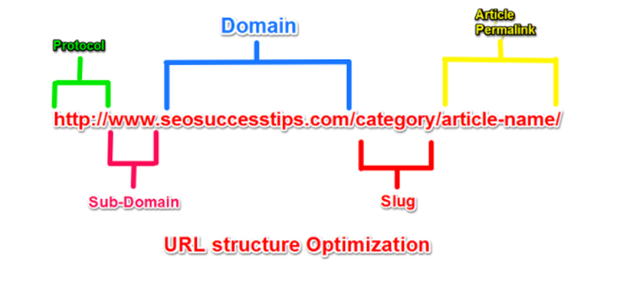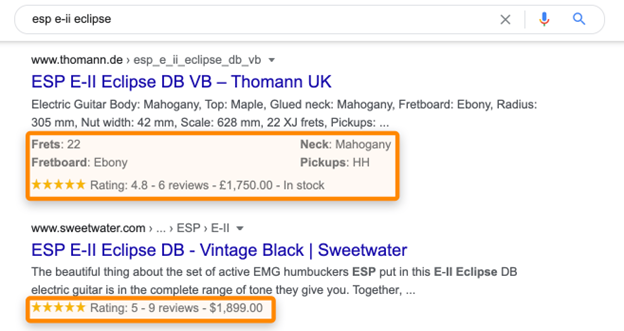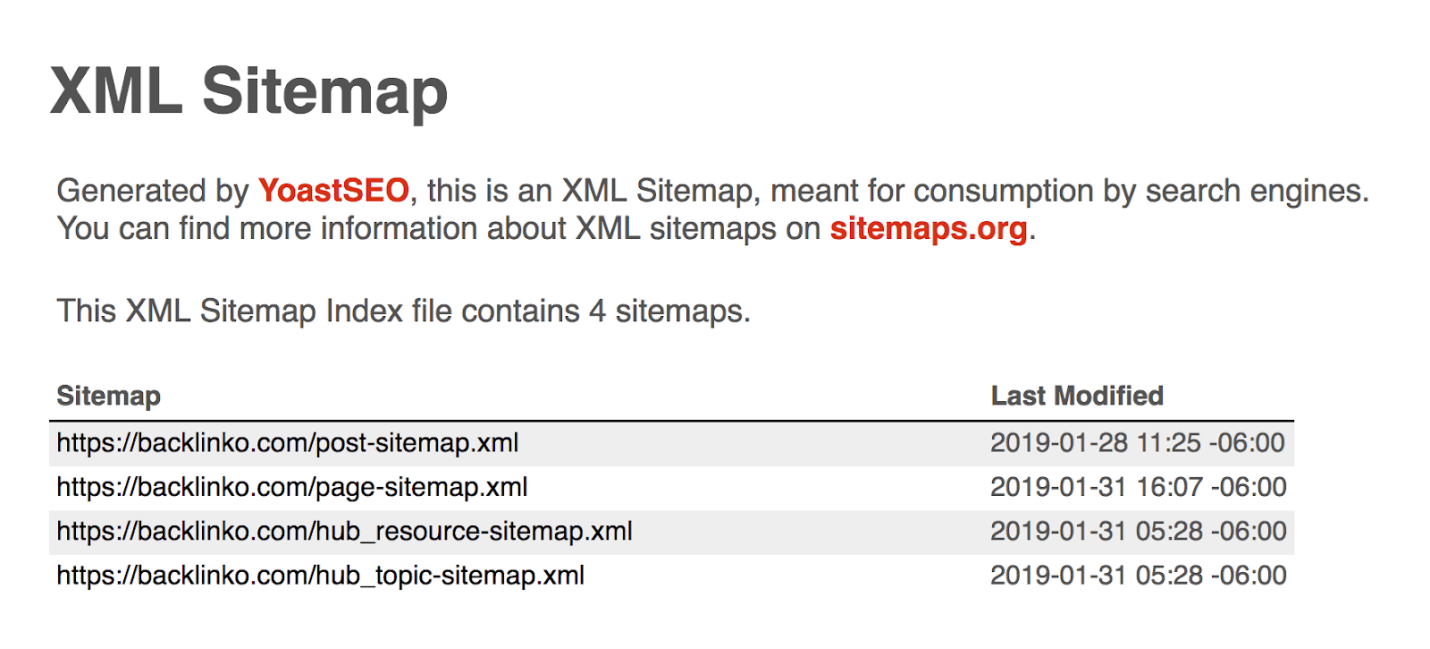The article goes into detail about how important it is to optimize Magento stores for search engines to make them more visible and get free traffic. It talks about how important it is to use effective Magento SEO strategies to get more organic traffic, make the user experience better, and ultimately increase sales and revenue. The article gives 17 useful Magento SEO tips, such as improving URL structure, doing keyword research, writing good content, improving images, making sure the site is mobile-friendly, using structured data markup, and more. It also answers some of the most common questions about Magento SEO and gives useful tips on how to make search results better and websites run faster. Work with the SEO experts at DO Communication to get great results. Overall, this article is a complete guide to mastering SEO for Magento and succeeding in the tough world of online shopping.
With a robust platform like Magento powering over 9% of stores, it is crucial to exploit the full potential of SEO to ensure your online store stands out in a highly competitive digital landscape.
Recent statistics reveal that organic search drives a significant 53.3% of all traffic, underscoring the undeniable importance of optimizing your Magento store for search engines. So, whether you are a professional Magento user or just starting, this blog will provide actionable insights on Magento SEO and its best practices to propel your online store to new heights. Let us get started.
Table of Contents |

What is Magento SEO?
Magneto SEO is a process of optimizing Magneto based eCommerce websites to improve their visibility and ranking. Effective Magneto SEO best practices involves optimizing product pages, enhancing site speed, using responsive design, and integrating relevant keywords. By improving the on page and offpage elements through Magneto SEO services, businesses can attract more organic traffic, boost sales,and enhance the overall user experience.
Common Magento SEO Mistakes to Avoid
There are certain Magento SEO mistakes that can be avoided.
- Slow loading speed: The ecommerce website can be slow due to many unnecessary themes, extensions and customizations. This can impact the user experience and crawlability. Moreover, slow hardware and poor hosting, not caching data, not enabling flat catalogue, and not minifying CSS and JS can also lead to sluggish webpages.
- Poorly optimised product tags and title tags: Having duplicate content and failing to manage that across product pages and categories can harm SEO rankings.
- Irrelevant keywords or stuffing of keywords: Keywords are the ideas and topics that define what the content is all about. They are important in making the content relevant and visible. They are the words and phrases that searchers put in the search engine. Thus, the percentage of your content with the keywords should not exceed 2%. This makes the content more readable and increases the rankings.
- Missing Meta Tags: Skipping or improperly configuring meta titles and descriptions can reduce click-through rates and visibility.
- Broken Links: Failing to update or fix broken internal and external links hurts SEO.
Why Magento SEO?
- Magento SEO significantly improves your online store's visibility on search engine results pages (SERPs), making it easier for potential customers to find your products and services.
- Effective Magento SEO strategies drive organic traffic, reducing your reliance on paid advertising and ensuring a sustainable flow of potential customers to your website.
- SEO optimization in Magento involves enhancing website structure and content, resulting in a more user-friendly and engaging online shopping experience, ultimately boosting customer satisfaction and loyalty.
- By implementing best SEO practices for Magento, you gain a competitive edge in the crowded e-commerce landscape, positioning your store ahead of rivals and attracting a larger share of the market.
- Magento SEO not only brings more visitors but also targets relevant audiences. This leads to higher conversion rates, increased sales, and improved revenue, ultimately contributing to the long-term success of your online business.
Top 17 Magento SEO Tips for Your E-commerce Website
1. Choose an SEO-Friendly Magento Theme
Your website's theme plays a vital role in SEO. Opt for a Magento theme that is lightweight, responsive, and optimized for search engines. A well-designed theme not only improves user experience but also ensures that your website loads quickly, which is a ranking factor for Google.
2. Optimize Your URL Structure

Magento provides you with the flexibility to customize your URL structure. Make sure your URLs are clean, concise, and relevant to your products or categories. Use hyphens to separate words in URLs for improved readability, and avoid using numbers or symbols whenever possible.
3. Keyword Research
Effective SEO starts with thorough keyword research. Identify relevant keywords and phrases that potential customers might use to search for your products. Tools like Google Keyword Planner, SEMrush, or Ahrefs can help you discover valuable keywords with high search volumes and low competition.
4. High-Quality Content
Create high-quality, unique, and informative product descriptions, category pages, and blog posts. Use your target keywords naturally within your content to improve search engine visibility. Bullet points and subheadings can make your content more scannable and user-friendly.
5. Optimize Product Images
Images are a crucial part of any e-commerce website, but they can also slow down your site if not optimized properly. Compress and resize images to reduce their file size while maintaining quality. Use descriptive alt tags for images, incorporating relevant keywords to improve image SEO.
6. Mobile Responsiveness
In today's mobile-first world, having a mobile-responsive website is not just a recommendation; it's a necessity. Google prioritizes mobile-friendly websites in its search results. Make sure that your Magento store is responsive and offers an excellent user experience on all devices, including smartphones and tablets.
7. Implement Structured Data Markup

Structured data markup, often referred to as schema markup, helps search engines understand the content on your website better. Magento allows you to add schema markup to your product pages, which can result in rich snippets in search results, enhancing click-through rates.
8. XML Sitemap Optimization

Generate and submit XML sitemaps to search engines. Magento has built-in tools to create and manage XML sitemaps, making it easier for search engines to crawl and index your website. Regularly update your sitemap to reflect changes in your website's structure.
9. Page Speed Optimization
Website speed is a crucial ranking factor. Optimize your Magento store for speed by leveraging techniques like browser caching, image compression, and minimizing JavaScript and CSS files. Utilize Content Delivery Networks (CDNs) to ensure fast loading times for visitors worldwide.
10. Canonical Tags
To avoid duplicate content issues that can harm your SEO efforts, implement canonical tags on your Magento website. Canonical tags specify the preferred version of a page when multiple URLs have similar content. This helps search engines understand which page to index and rank.
11. User-Friendly Navigation
A user-friendly website navigation structure not only enhances the user experience but also aids in SEO. Create clear and logical navigation menus, breadcrumbs, and category hierarchies. Make it easy for visitors to find what they are looking for quickly.
12. Secure Your Website with HTTPS
Google gives preference to secure websites with HTTPS encryption. Ensure your Magento store uses SSL certificates to encrypt data transmission and protect user information. Google Chrome also labels non-secure websites, which can deter potential customers.
13. Monitor and Analyze with Google Analytics
Set up Google Analytics to track user behavior, traffic sources, and conversion rates on your Magento website. Regularly review the data to identify areas for improvement in your SEO strategy.
14. Effective Internal Linking
Internal links help search engines understand the structure and hierarchy of your website. Link related products, categories, and articles together using descriptive anchor text. This not only aids SEO but also encourages visitors to explore more of your content.
15. 404 Error Handling
Set up custom 404 error pages to guide users when they encounter broken links or missing pages. A well-designed 404 page can help retain visitors and keep them engaged on your site, reducing bounce rates.
16. Implement HTTPS for a Secure Website
Security is paramount in e-commerce. Ensure your Magento website uses HTTPS to encrypt data transmission between the server and users' browsers. Google favors secure websites, and customers trust them more for online shopping.
17. Conduct Regular SEO Audits
Lastly, remember to conduct regular SEO audits of your Magento website. Use tools like Screaming Frog or SEMrush to identify and fix issues such as broken links, duplicate content, or crawl errors. Regular audits ensure your SEO efforts stay on track.
SEO improvement tips for a new website
Also Read: A Step by Step Guide for E-commerce SEO Audit
Conclusion
Mastering SEO for Magento is an ongoing process that requires attention to detail and a commitment to staying updated with industry trends. By following these best SEO practices, you can optimize your Magento e-commerce website for search engines, improve user experience, and drive organic traffic that converts into loyal customers.
So, ready to take your website to the next level? Partner with our team of experts at DO Communication, and achieve remarkable results. Our top-notch SEO services have a proven track record of helping businesses dominate search engine rankings and enhance website performance.
To know more about Magento SEO, contact us today, and let's discuss how we can elevate your Magento SEO strategy to new heights! Your success is just a click away.
Frequently Asked Questions
Q1. How to optimize SEO in Magento?
- Use SEO-friendly URLs and meta tags.
- Create high-quality, unique content.
- Optimize images and reduce page load times.
- Implement schema markup for rich snippets.
- Build a responsive and mobile-friendly website.
- Monitor performance with tools like Google Analytics.
Q2. Is Magento outdated?
No, Magento is not outdated. Magento 2, the latest version, offers modern features, improved performance, and security enhancements. It remains a robust choice for e-commerce businesses.
Q3. What is the best Magento extension for SEO?
Some popular Magento SEO extensions include Yoast SEO, Mage Worx SEO Suite, and SEO Hub by Swiss up. The choice depends on your specific needs and budget.
Q4. How can I improve my Magento 2 website performance?
- Use a reliable hosting provider.
- Enable full-page caching.
- Optimize images and minimize HTTP requests.
- Use content delivery networks (CDNs).
- Keep your Magento version and extensions updated.
- Implement lazy loading for images.
Q5. How to improve search results in Magento?
- Configure and fine-tune your search settings.
- Use Elasticsearch for robust search capabilities.
- Optimize product titles, descriptions, and attributes.
- Implement autocomplete and spelling correction features.
Monitor and analyze search queries to make continuous improvements


